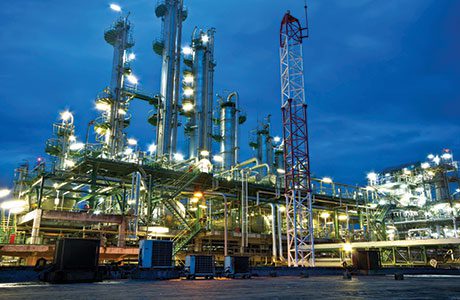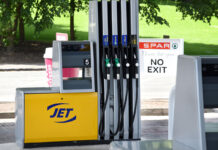
As the price of oil continues to tumble John McNee talks to Brian Madderson, chairman of the Petrol Retailers Association, about the impact on independent forecourts.
THE ‘rocket and feather effect’ has been the bug-bear of many a price-conscious motorist. The price of petrol seems, to drivers, to go up like a rocket when oil prices rise, but drift down like a feather when they fall.
However, Brian Madderson, chairman of the Petrol Retailers Association, reckons the effect of the recent crash in oil prices – which has seen the price of a barrel of crude oil plummet by over 50% – has been “more like rocket and stone”.
“If you take, for instance, the last six weeks from 1 December, the wholesale price has dropped by 9p a litre and the pump price, on average, has dropped by 14p a litre,” he said.
The result has been a dramatic fall in the price at the pumps from a typical 121p at the start of December to around 107p and falling. In some parts of the UK, petrol is below £1 a litre for the first time since 2009.
Part of the reason for falling prices, Madderson said, is that fracking has allowed the United States to become almost self-sufficient in refined product, leaving UK refineries with a glut of petrol.
“The States used to be the market that all of this excess gasoline went to, so one can see that the UK refineries are trying to sell the gasoline internally in the UK, which means they’re probably giving some good deals to the supermarkets,” he said.
“That, obviously, just increases the pressure on the independents so we are continuing to get caught in the crossfire as the big supermarkets fight each other using fuel as something of a known value item to wave in front of the consumer and say ‘hey, we’re the cheapest’.
“The good news is that as fuel has become cheaper so people have started motoring again. Last year there was a 1.6% increase in road fuels, overall, including commercial fuels.”
That has led the PRA to call on Chancellor George Osborne to cut fuel duty by at least 2p per litre.
“The Treasury is going to have about a £400m windfall in extra duty from last year because of the increased volume,” said Madderson. “And that is likely to be running at a slightly higher rate this year so they could cut 2p a litre off fuel duty and remain tax neutral.”
The cut, he argued, would ensure there are benefits to both consumers and the economy.





















